Colorado's Original A1
We Always Have a Repair or Replacement Option for you
9 Types of Garage Door Repairs
Garage doors are an essential component of any home, providing security, convenience, and protection for your vehicles and belongings. According to Family Handyman, on average garage doors are used three to five times per day. This can take a toll on the garage door and its mechanical components, leading to potential issues over time. Understanding the various types of garage door repairs is crucial for homeowners to identify and address problems promptly. Read on to learn more about some of the most common types of garage door repair a local garage door repair company offers.
1. Broken Springs
One of the most common garage door repairs is broken springs. Garage door springs are responsible for counterbalancing the weight of the door, allowing it to open and close smoothly. As the door opens or closes, the spring expands and contracts, and this expansion and contraction can ultimately stretch a spring out or cause it to snap. When a spring breaks or becomes stretched out, the door may become unbalanced, making it difficult or impossible to operate. This repair requires professional assistance, as springs are under high tension and can be dangerous to handle. A skilled technician will replace the broken spring and ensure the door is properly balanced.
2. Malfunctioning Garage Door Opener
If your garage door fails to open or close with the push of a button, the issue may lie with the garage door opener. Faulty wiring, a worn-out motor, or a malfunctioning remote control can cause problems. Troubleshooting the opener should be completed by checking the power supply, inspecting the wiring connections, or replacing the batteries in your remote control. If you have completed all of these steps and you still cannot determine why your garage door opener will not open or close, you should reach out to a local garage door repair company. They can help determine what repairs may be needed or whether a complete replacement of the garage door opener may be necessary.
3. Misaligned Tracks
Garage doors operate on a set of tracks that guide the door's movement. If the tracks become misaligned, the door may not open or close smoothly, or it may get stuck along the way. Common causes of misaligned tracks include loose mounting brackets, debris accumulation, or accidental impacts. If you notice your tracks are loose, you should tighten them to help prevent misalignment of the tracks. However, if your tracks are damaged or you cannot align or secure them, it is important to call in a professional to solve the issue for you. Your garage door may collapse if you attempt to open or shut the door with misaligned tracks, so always wait for a professional to assist you.
4. Damaged Rollers
Garage door rollers allow the door to move up and down the tracks smoothly. Over time, rollers can become worn, bent, or damaged, leading to a noisy or jerky door operation. One of the best ways to extend the lifespan of your rollers is to regularly clean your tracks and lubricate your rollers. However, rollers do not have an infinite lifespan, and at some point in time, they will need to be replaced. If one of your rollers needs to be replaced, you should have all the rollers replaced at the same time. Fortunately, replacing garage door rollers is a relatively fast and easy repair for your
local garage door repair company.
5. Faulty Sensors
Modern garage doors are equipped with safety sensors that detect objects or obstructions in the door's path. These sensors ensure that the door does not close if something is blocking its trajectory. This ultimately helps to prevent accidents or damage, especially to small children or pets. While this safety feature is obviously important, the sensors can start to become a bit of a hassle. If the sensors are misaligned, dirty, or malfunctioning, the door may refuse to close or reverse immediately after closing. Cleaning the sensors and adjusting their alignment can usually resolve this issue. If they do not, your sensors may need to be replaced.
6. Snapped or Broken Cables
Similar to broken springs, damaged or broken cables can disrupt the balance and operation of your garage door. Signs of cable damage include fraying, rusting, or complete breakage. It is crucial to address cable issues promptly, as they can cause the door to malfunction or pose safety hazards. Replacing the damaged cables should only be done by a trained professional due to the high tension involved. If your garage door looks damaged or has snapped, reach out to a local garage door repair company to have the issue fixed.
7. Worn Out Weather Striping
Weatherstripping is responsible for sealing the gaps around the garage door, preventing drafts, water intrusion, and debris from entering the garage. Over time, weatherstripping can wear out, crack, or become brittle. Replacing weatherstripping is a simple repair that should be completed as needed. Replacing your weatherstripping can improve insulation, reduce energy loss, and enhance overall garage comfort. Replacing weatherstripping also helps to keep water out of your garage on a rainy day, protecting the items that you have stored inside your garage space.
8. Damaged Panels
Accidental impacts, harsh weather conditions, or wear and tear can result in damaged or dented garage door panels. Not only does this negatively impact the appearance of your door, but it can also affect its functionality. Depending on the extent of the damage, panels may need to be repaired or replaced to ensure proper operation and aesthetics. Most garage doors are made from aluminum panels. Dents or dings may be able to be pulled out or filled in. If the damage is too extensive, the panel will likely need to be replaced. Additionally, if your panels are corroded or rusted, they may also need to be repaired or replaced.
9. Noisy Garage Door
Excessive noise during garage door operations can be bothersome. No one wants to hear their garage door grinding, squealing, or screeching each time the door opens or closes. In addition to being annoying, excessive noise may indicate underlying issues. Unfortunately, there are many reasons why a garage door may be noisy. The causes of a noisy garage door can range from worn-out rollers or hinges to lack of lubrication. Lubricating moving parts and tightening loose bolts and screws may alleviate the noise. However, if the problem persists, you may need to reach out to a local garage door repair company for more extensive repairs.
Regular maintenance and inspections of your garage door can help identify potential problems early on, preventing more significant issues and costly repairs. By doing these repairs promptly, you can ensure the longevity and reliable performance of your garage door, providing peace of mind and convenience for years to come.
A well-functioning garage door is essential for the convenience, security, and efficiency of your home. By familiarizing yourself with the nine most common types of garage door repairs outlined above, you can better understand the causes, symptoms, and potential solutions for each issue. Remember, it is important to prioritize safety when dealing with garage door repairs, and for more complex problems, consulting a professional technician is highly recommended. If your garage door is not functioning as it should, you will likely need garage door repair. Reach out to us at A1 Garage Doors, a local garage door repair company, and let us inspect, diagnose, and repair your garage door for you.
HOURS
HOURS
24/7 Emergency Services
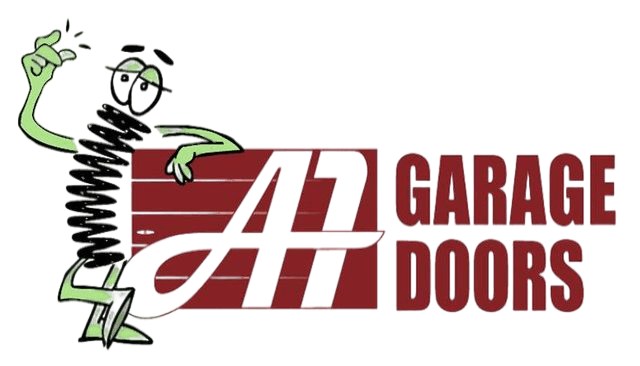
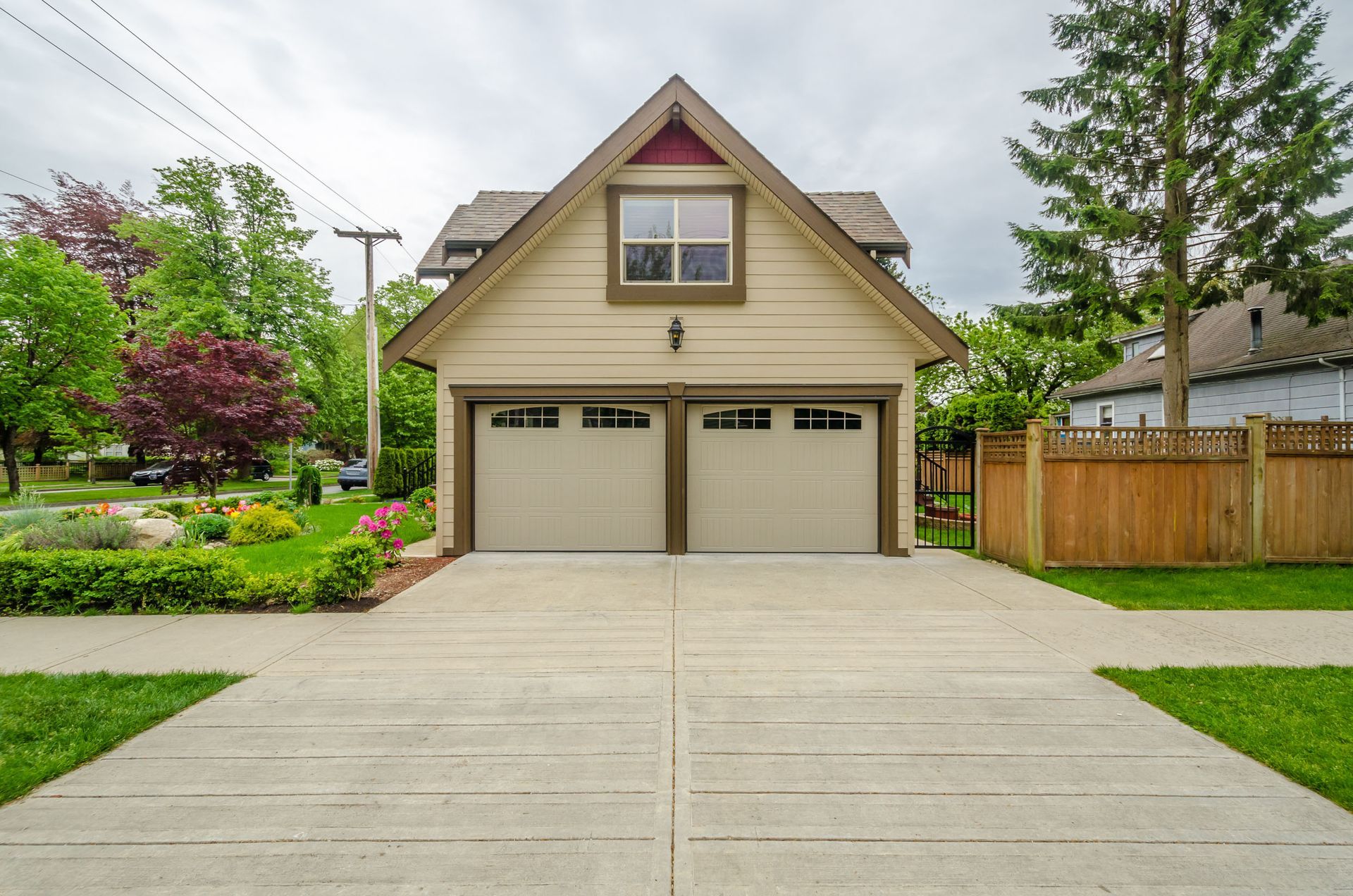
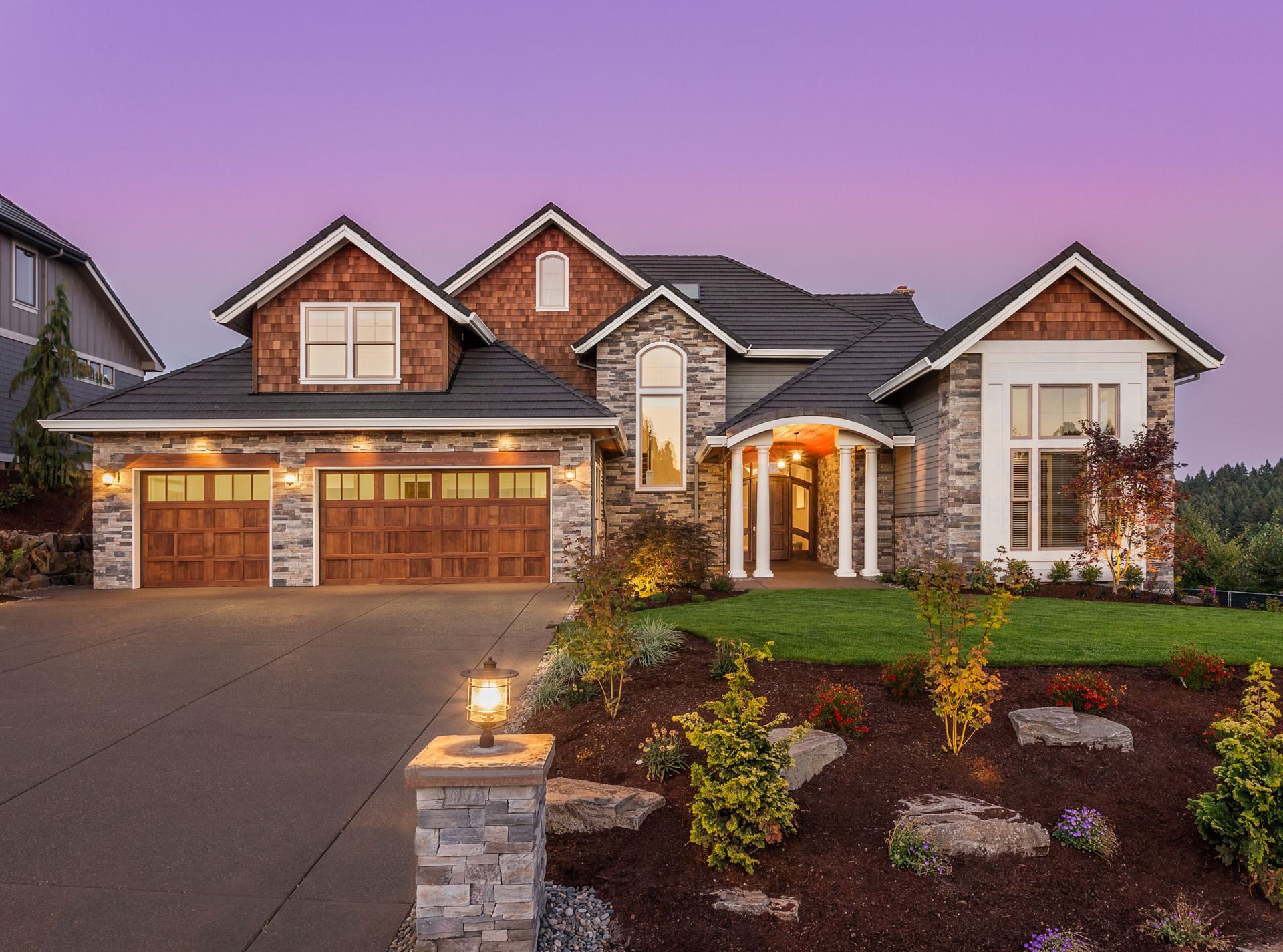
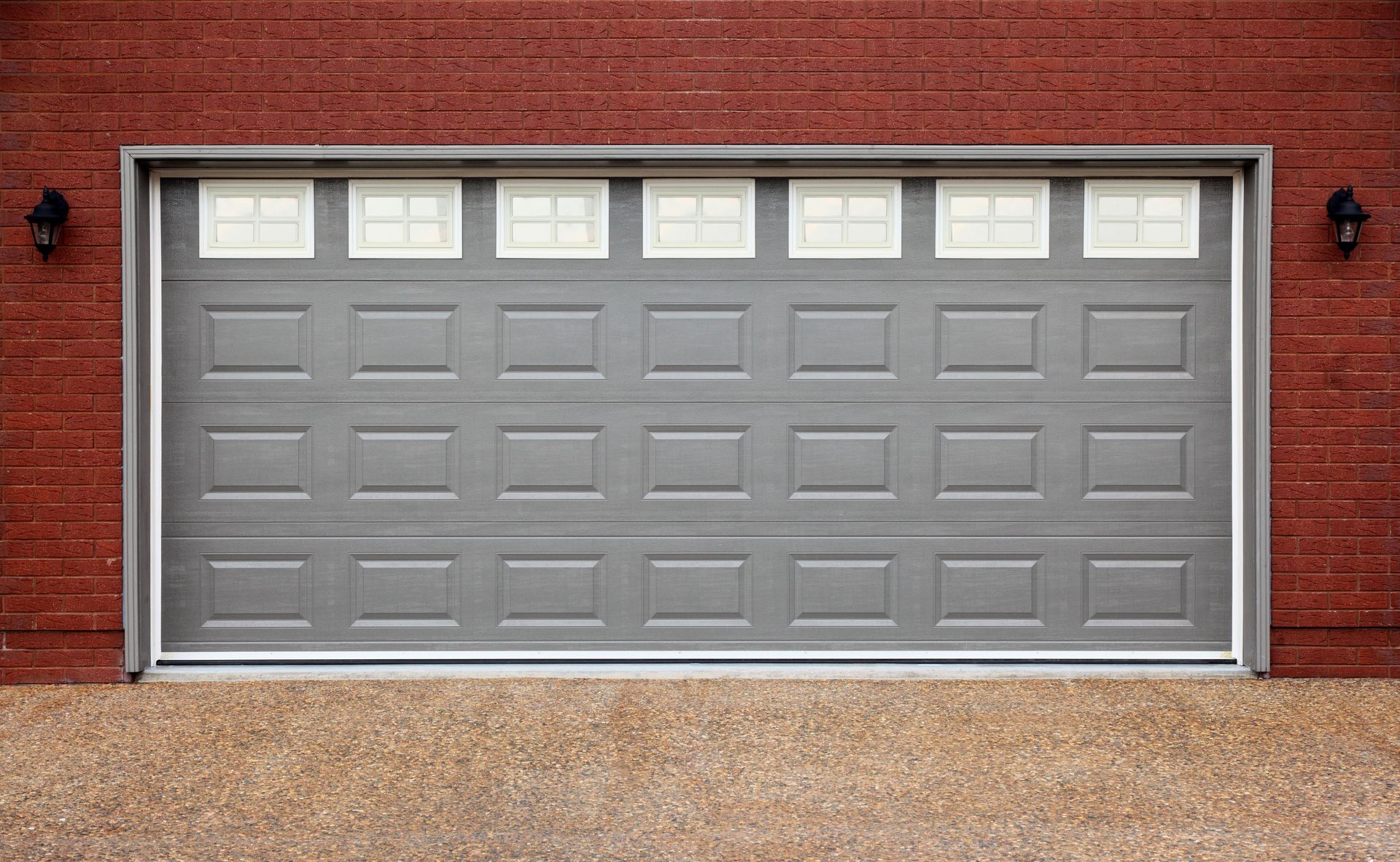
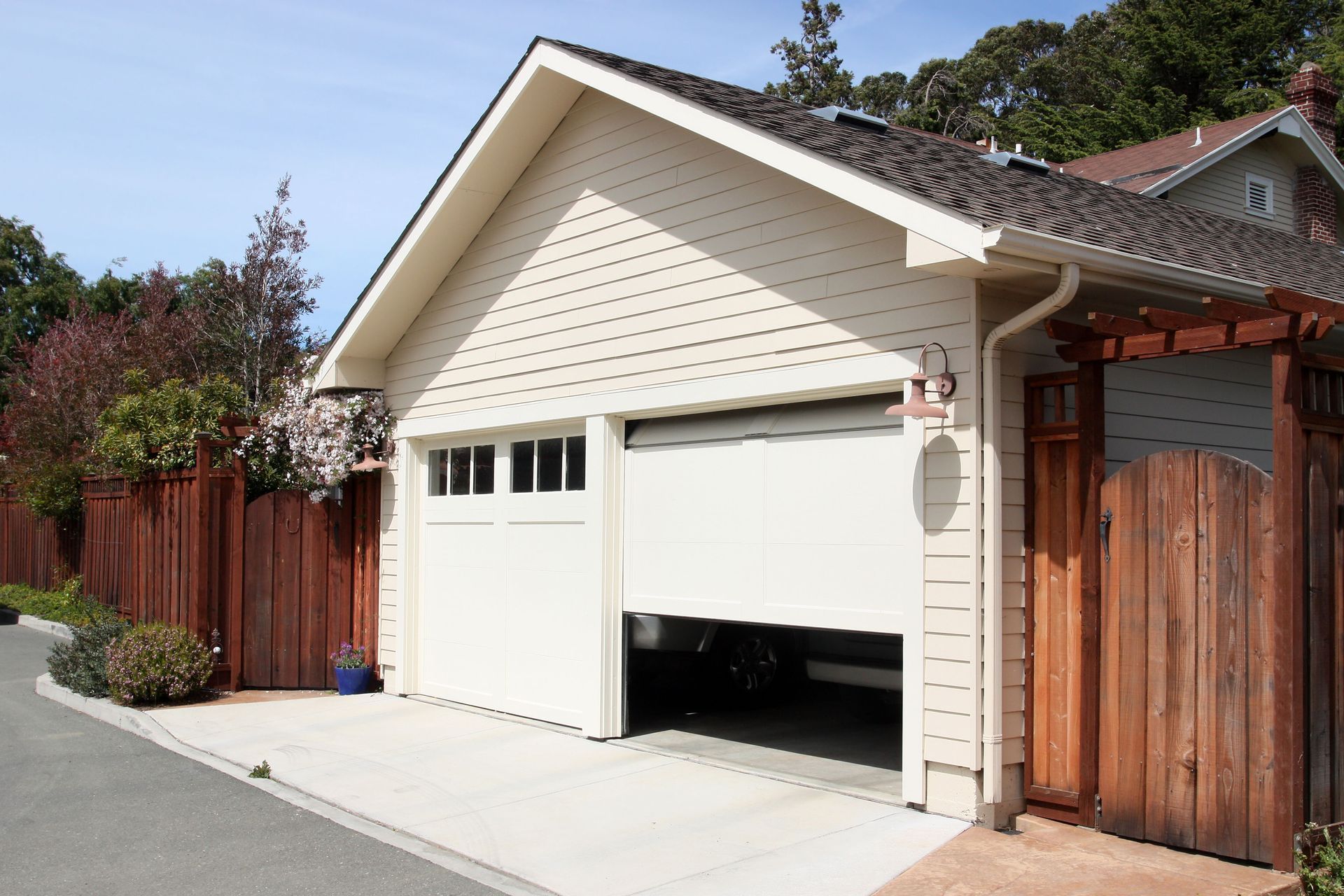
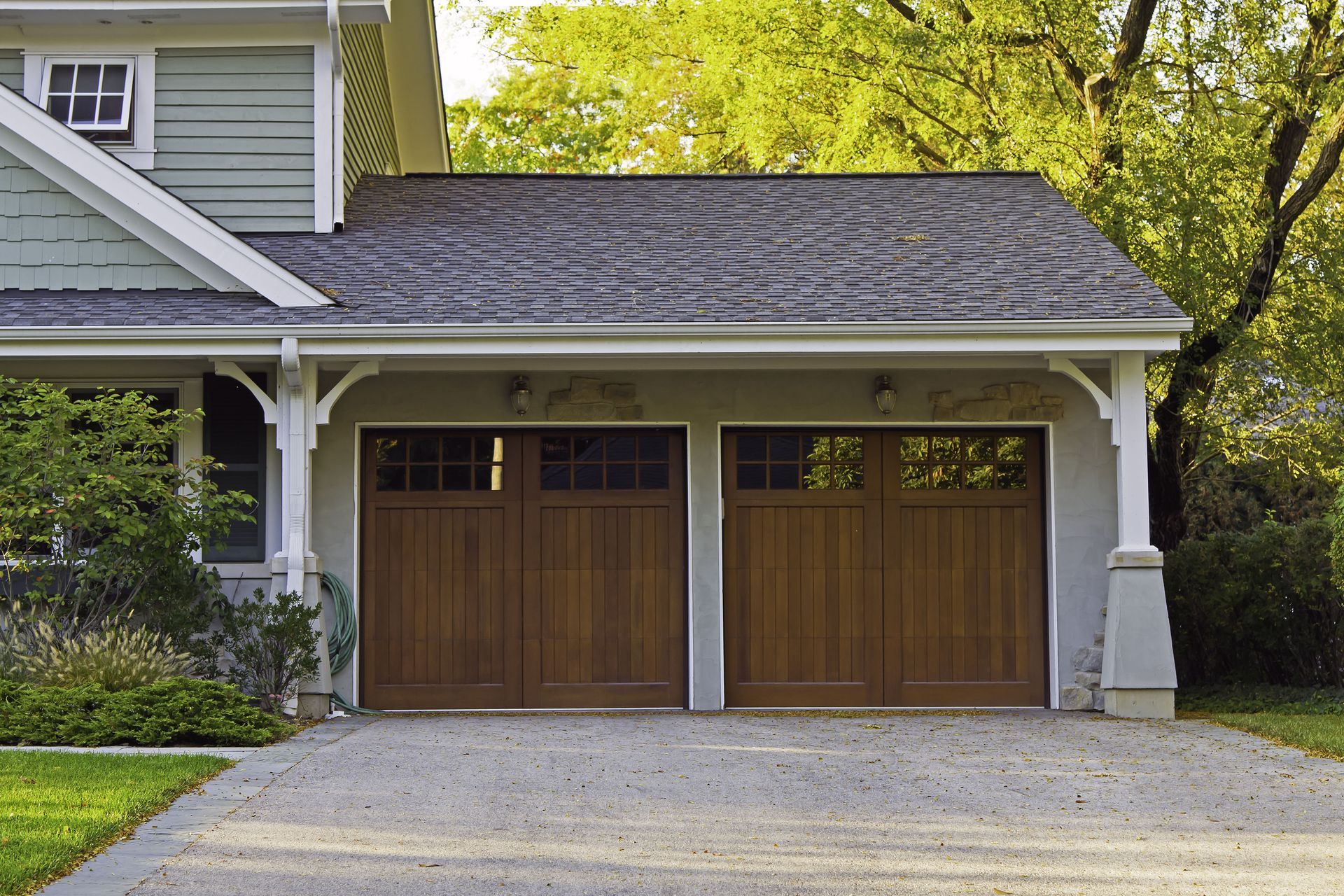
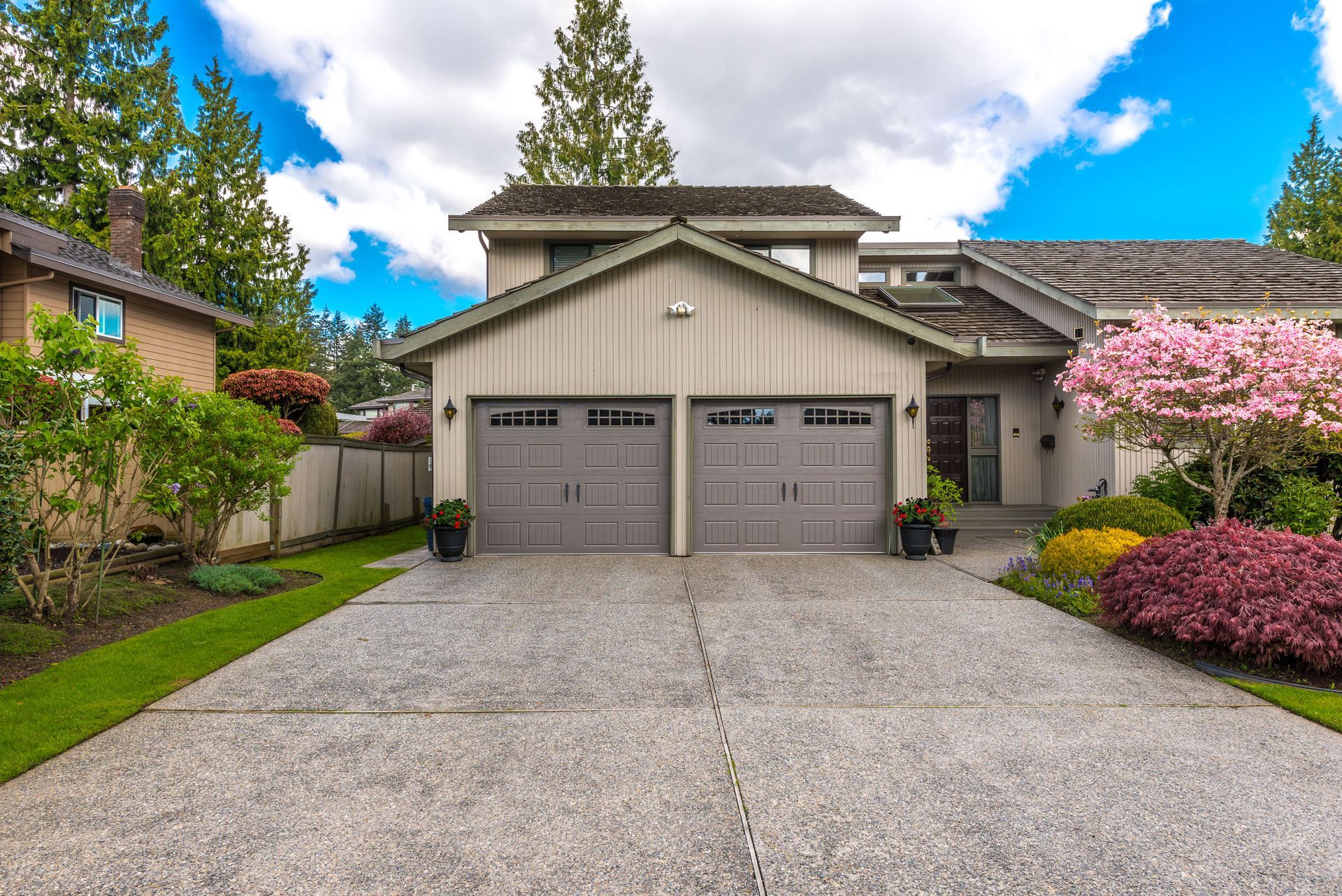
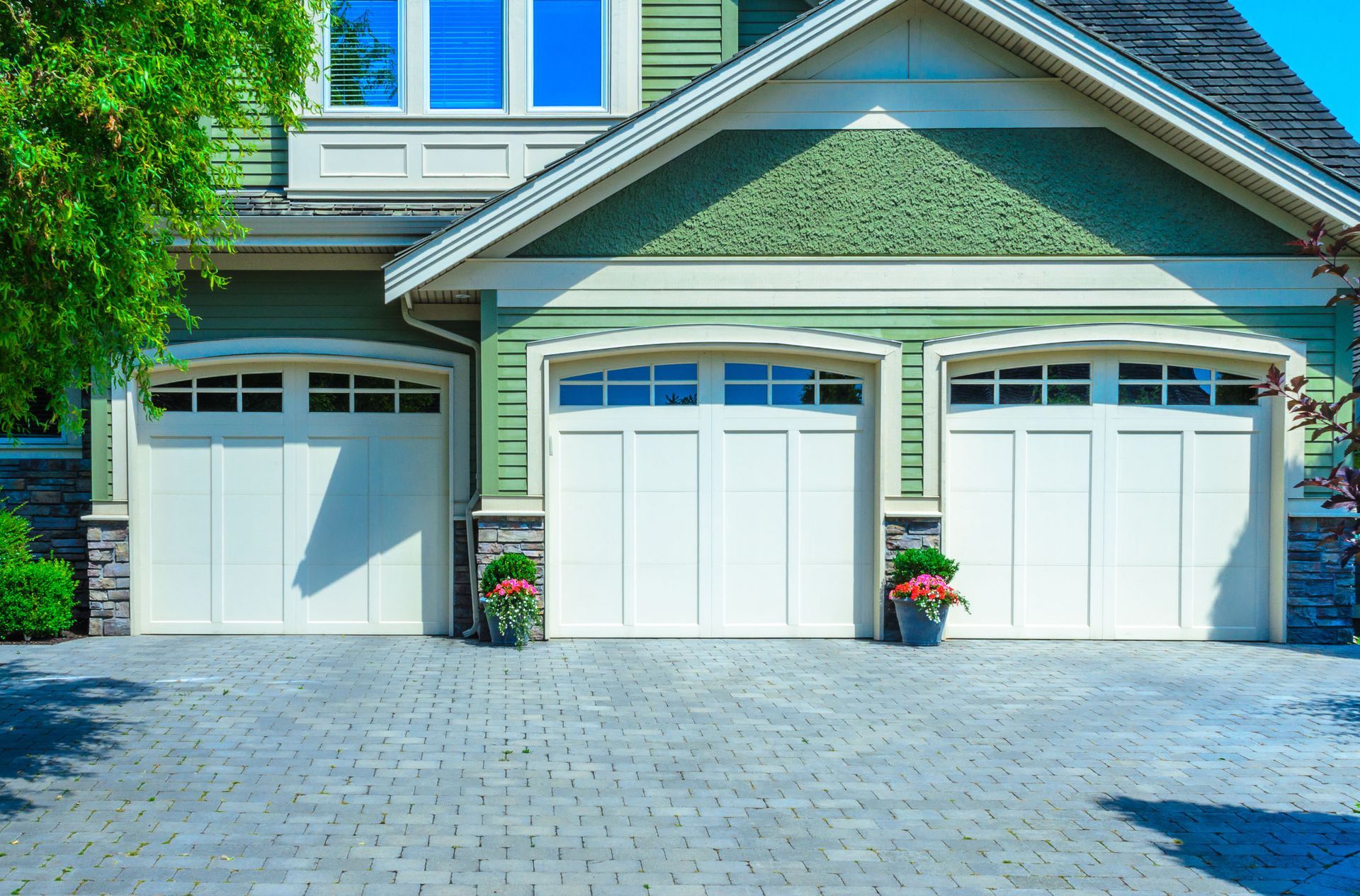
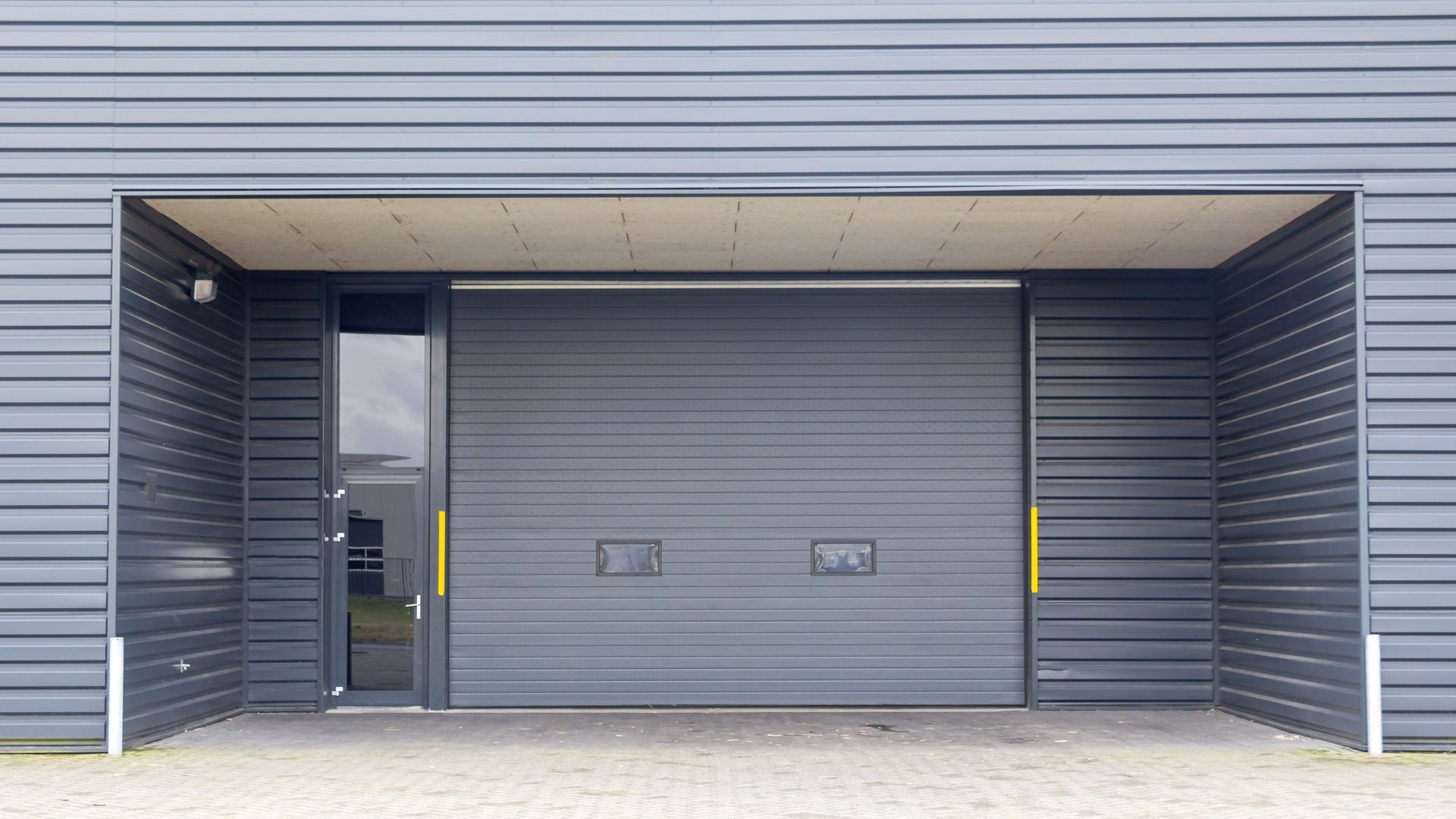
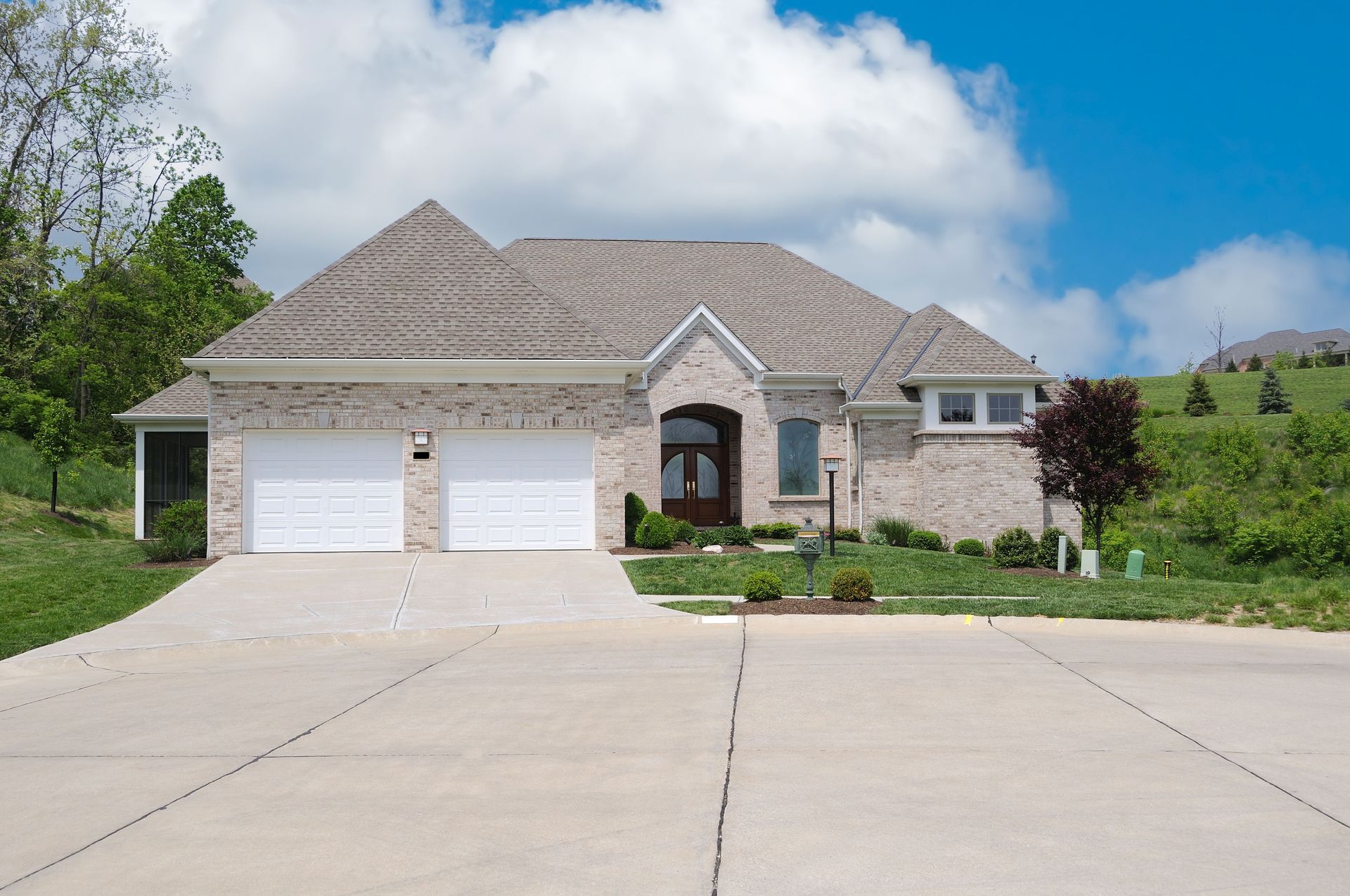
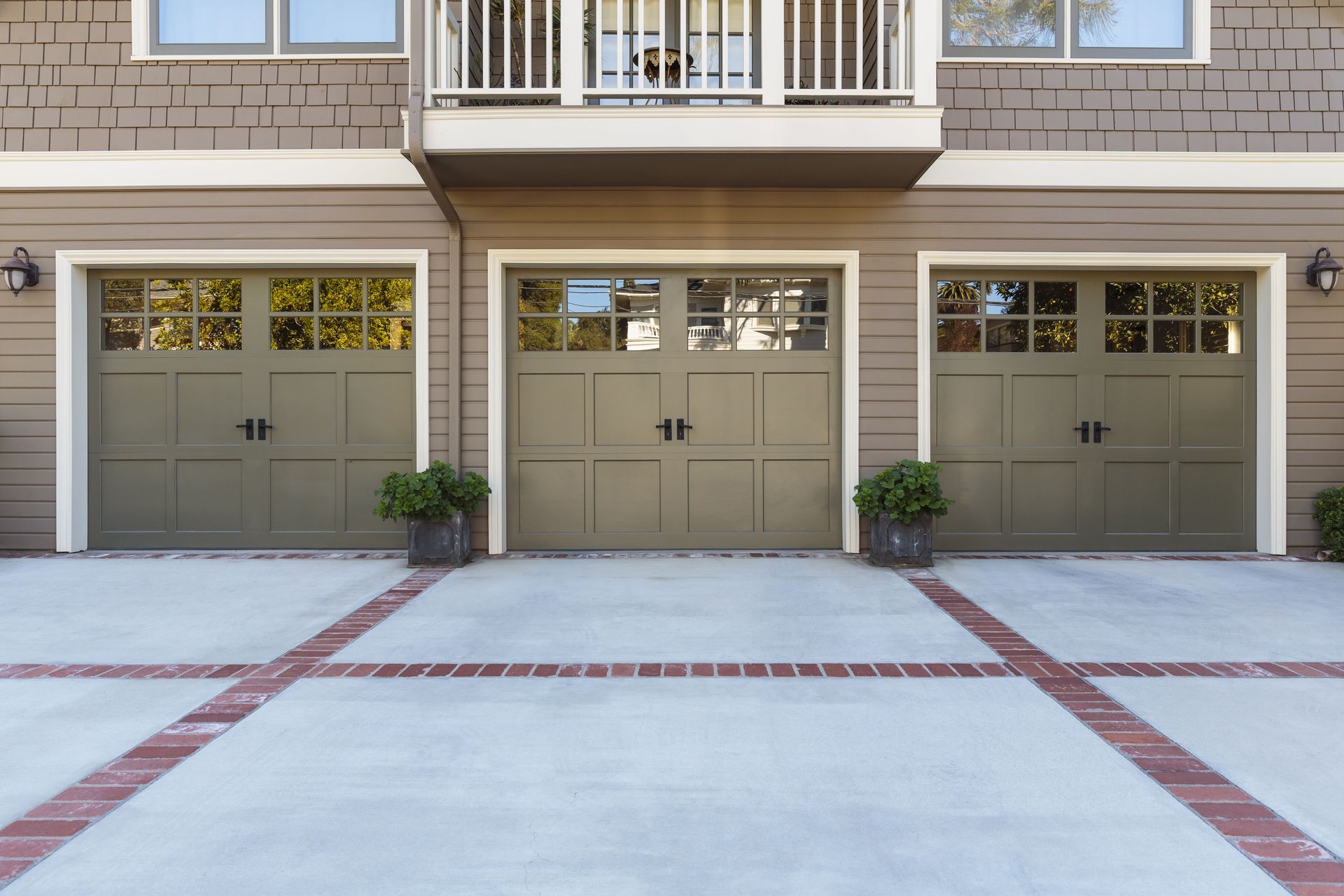
Share On: